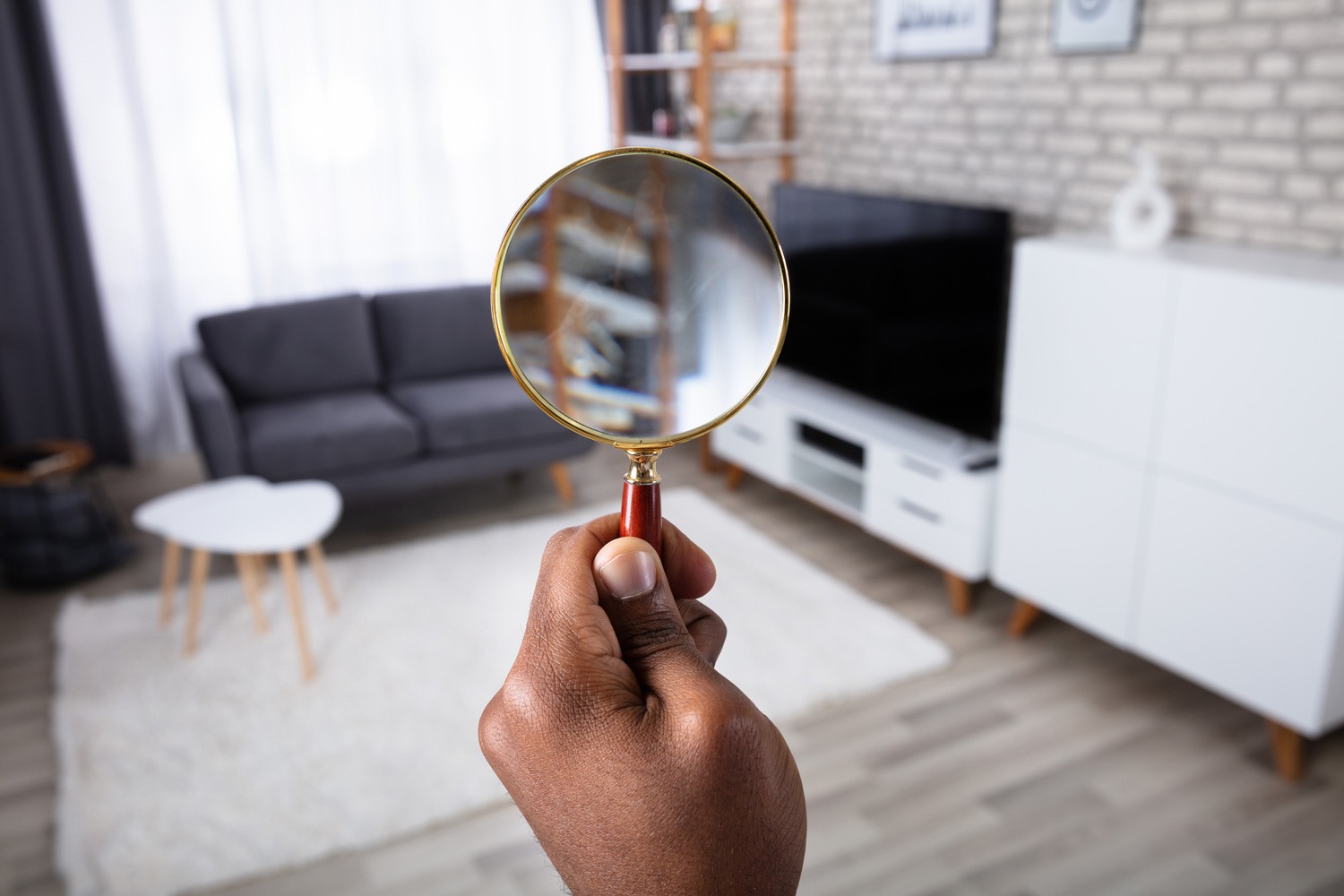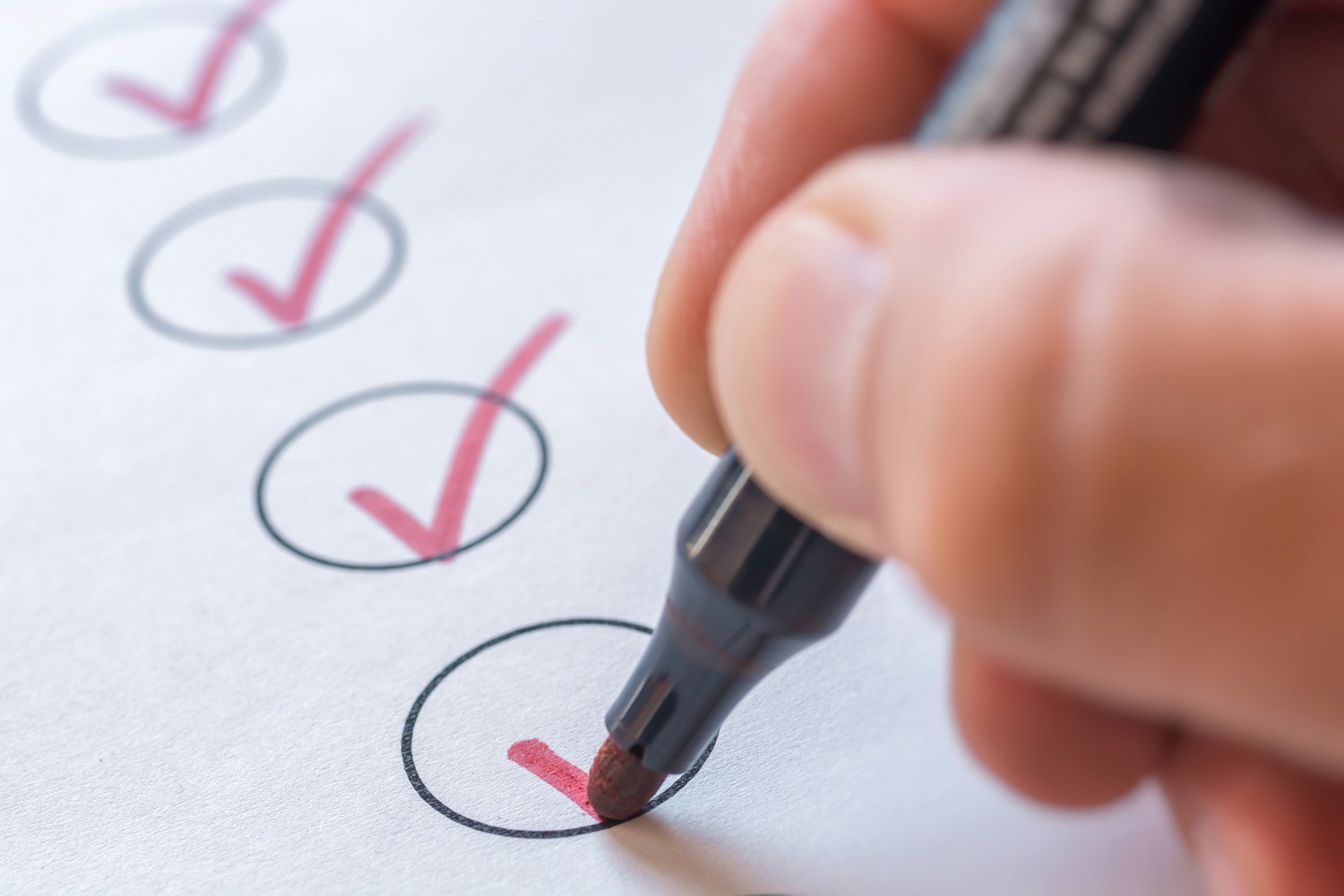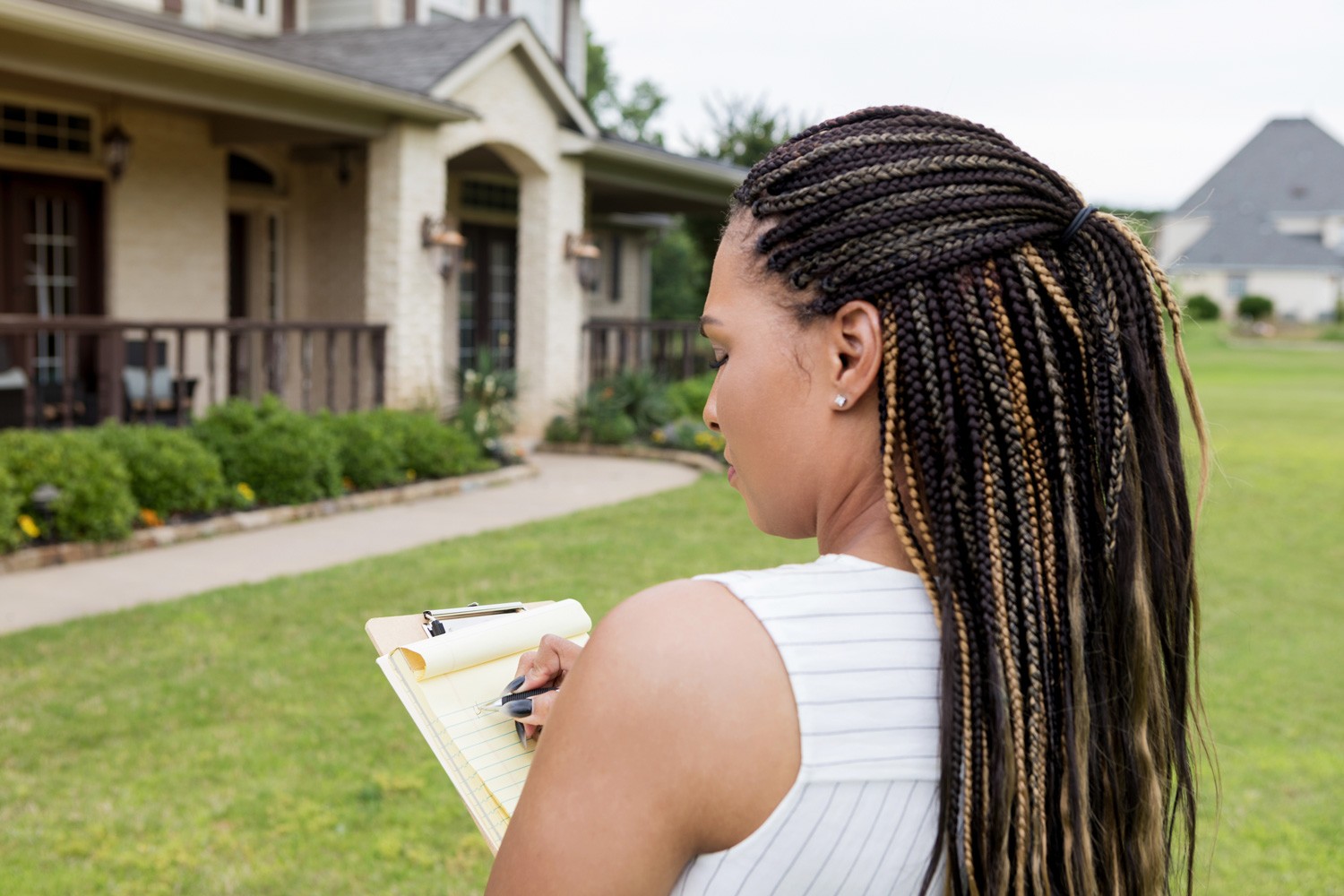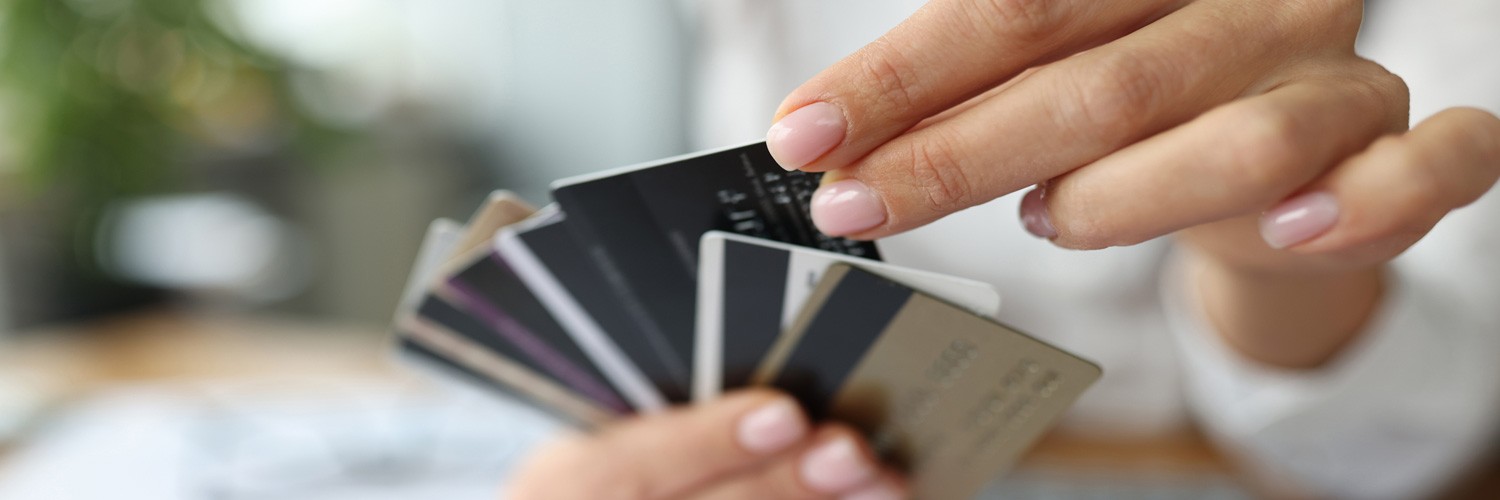There are lots of fees that come with purchasing a home, and one of them is the cost of your home inspection. Home inspections are important and can help make or break a decision to buy a home, but they can also be a little pricey, and you may be wondering if you can put the cost on a credit card. Well, you've come to the right place. We've researched the topic in-depth and have an answer for you!
You can pay for a home inspection with a credit card as long as the company performing the inspection takes credit cards as a form of payment. This is a very common form of payment amongst home buyers for their home inspection.
Now you know you can pay for your home inspection with a credit card, but keep reading as we elaborate on this further. We'll go over some other fees you might run into when buying a house for which you can also use a credit card. Additionally, we'll answer some other questions you might have about your home inspection and buying a home.

Paying For A Home Inspection

Whether you can pay for a home inspection with a credit card primarily depends on whether the company offering the inspection accepts credit cards as a form of payment. However, for the majority of companies, this will be the case. Most will also accept other payment methods, such as cash and check, as well. If you are unsure, try calling a few inspectors to see.
How much will a home inspection cost?
Home inspections aren't responsible for a huge portion of the costs associated with buying a home but are still a significant amount that you should account for. You can expect to pay between $300 and $500 for a home inspection.
Prices will vary depending on numerous factors, including your geographical location. Don't be afraid to call a few different companies and ask for a quote, so you can have a good idea of how much an inspection in your area should cost.
Does the buyer or seller pay for a home inspection?
The buyer typically pays for a home inspection. This is because the home inspection primarily benefits the buyer. It will list any potential problems with the home. That being said, it may be possible for you to have the seller cover the cost of some of the repairs noted in the inspection.
Should I be nervous about a home inspection?

Whether you are the buyer or seller, having a few nerves about your home inspection is entirely normal. After all, for a buyer, a home inspection can be the reason you move forward with a sale or the reason you don't. If you're the seller, you may be nervous about finding out what the inspection reveals and whether it's a deal-breaker for your buyer.
How To Ease Your Nerves As A Seller
Despite all this, home inspections are important and likely unavoidable, so the best way to calm your nerves is to be prepared. An inspector's job is to identify any potential problems with the home.
To help ease your nerves, you can try to fix any problems you might think will come up in the home inspection. Take a walk through your home and imagine you are a potential buyer. What would you like fixed? Tackle those things first.
How To Ease Your Nerves As A Buyer
If you've found your dream home, you may be nervous that the home inspection will reveal a problem that might make you question your decision to move forward with the sale.
However, try to remind yourself that home inspections are for your benefit. If something does come up, isn't it better to know about it before you buy the house and are entirely responsible for the issue?
You can often ask a seller to fix some of the issues before you move forward with the sale. So, even if a problem or two is found, it doesn't necessarily mean you won't still buy the house.
What are home inspectors not allowed to do?

If you're considering asking your home inspector about specific issues, or their opinions on certain areas of your home, it is important to keep realistic expectations about what home inspectors can and cannot do. Their primary job is to offer a non-invasive inspection of the home, which means they can choose not to enter into any area deemed hazardous, such as an inaccessible crawl space.
Perform or Offer Recommendations for Repairs
In many states, home inspectors are also not allowed to perform repairs on a home they have inspected, even though they might also be licensed technicians. Even in states where this might be legal, it is often considered unethical. Similarly, it would be unethical of them to offer recommendations for who to hire to fix any of the issues found in the report.
Pass, Fail or Condemn a Home
Home inspectors should be giving an unbiased report on a home. It is not their job to offer a pass or fail result for the home they are inspecting. Additionally, the home inspector cannot condemn a home. For a home to be condemned, it must be condemned by the local government's home inspector.
Say Whether You Should or Should Not Buy A Home
Your home inspector should be objective and not offer an opinion as to whether you should or should not proceed with purchasing a house based on their report or their personal opinion.
You may be tempted to ask them if you think the home is worth the price you are offering. However, if you ask a home inspector whether they think the home is "worth the price," you should expect them not to answer.
Closing costs can be pricey, so you may be wondering if someone else can help you cover that fee. Fortunately, you can have someone else pay them for you. When you make an offer on a home, it is possible to work closing costs into your offer. The seller may be willing to pay all or part of the closing costs if they are trying to sell the home quickly.
Or, maybe you're wondering if a relative can help cover your costs. Since closing costs are often paid for in the form of a cashier's check, your relative can provide you with the funds to get one. Unlike down payments, you do not have to prove you have the money to cover closing costs or where it came from.
What happens if you are short on money at closing?
So what happens if you don't have anyone else to pay your closing costs and you are short on the day of closing? Well, if you are short on money at closing, you won't be able to close on the purchase of the home. However, before it comes to this point, you can try a few things.
First, you could ask your mortgage lender to include closing costs in your loan. Whether they agree to do this will depend on many factors, and you should ask your lender whether this is something they offer.
Secondly, if you put a down payment on the mortgage, you could consider adjusting the amount to leave you some for closing costs. Additionally, you could look into applying for grants or consider asking your employer whether they offer any home-buying assistance opportunities.
Final Thoughts

You're probably glad to know that it's highly likely you'll be able to pay for your home inspection with a credit card, but hopefully, our article has provided you with more information as well.
Home buying can be an intimidating process, and the more you know about it, the fewer surprises you will run into. Luckily, we've helped give you more confidence in what to expect, especially regarding your home inspection.
For more reading on the topic of home buying, check out some of our other blog posts below:




